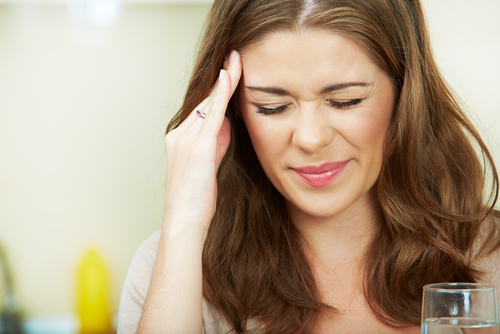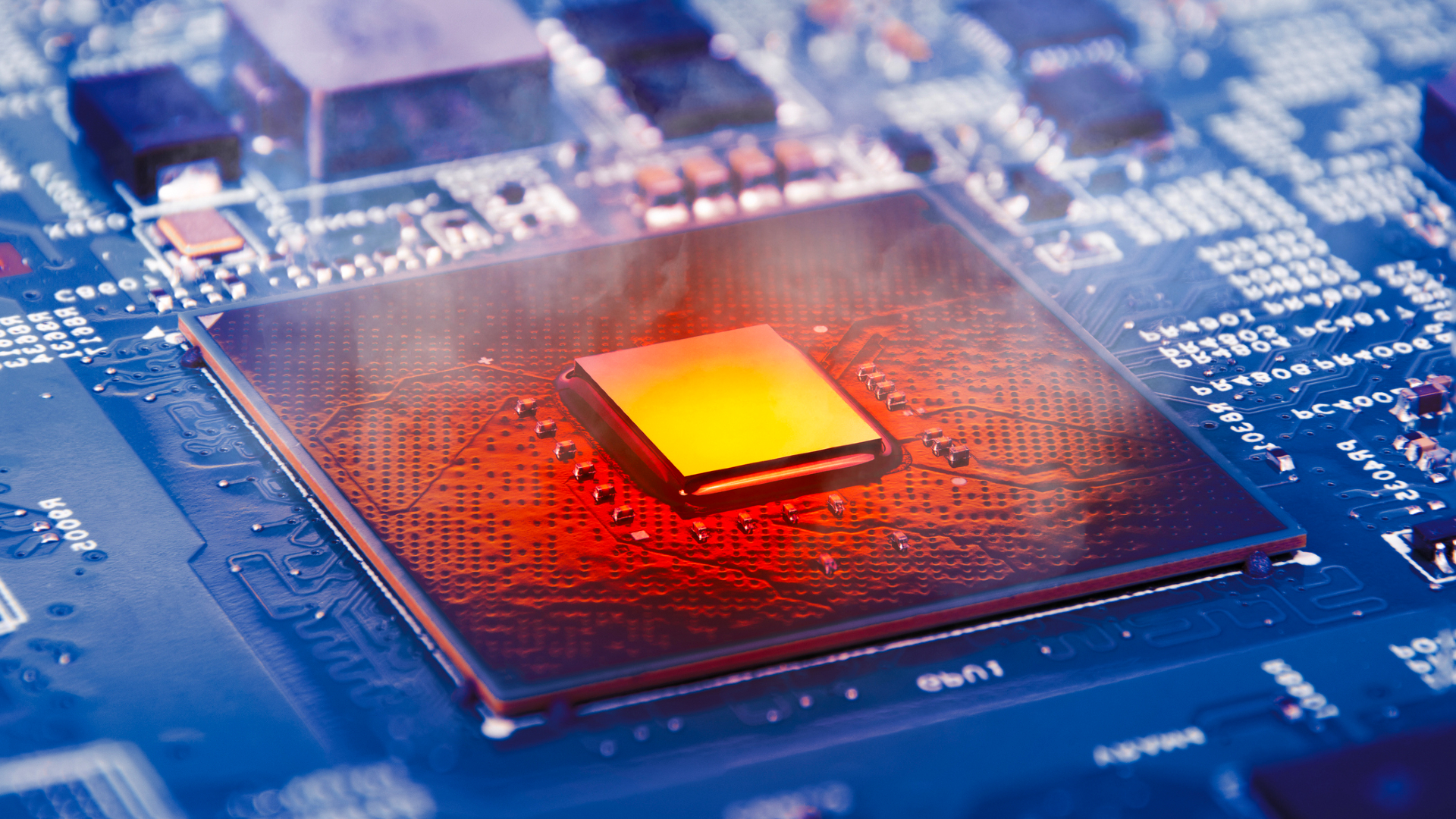Can Magnets Relieve Pain?

Get the world’s most fascinating discoveries delivered straight to your inbox.
You are now subscribed
Your newsletter sign-up was successful
Want to add more newsletters?

Delivered Daily
Daily Newsletter
Sign up for the latest discoveries, groundbreaking research and fascinating breakthroughs that impact you and the wider world direct to your inbox.

Once a week
Life's Little Mysteries
Feed your curiosity with an exclusive mystery every week, solved with science and delivered direct to your inbox before it's seen anywhere else.

Once a week
How It Works
Sign up to our free science & technology newsletter for your weekly fix of fascinating articles, quick quizzes, amazing images, and more

Delivered daily
Space.com Newsletter
Breaking space news, the latest updates on rocket launches, skywatching events and more!

Once a month
Watch This Space
Sign up to our monthly entertainment newsletter to keep up with all our coverage of the latest sci-fi and space movies, tv shows, games and books.

Once a week
Night Sky This Week
Discover this week's must-see night sky events, moon phases, and stunning astrophotos. Sign up for our skywatching newsletter and explore the universe with us!
Join the club
Get full access to premium articles, exclusive features and a growing list of member rewards.
"The Healthy Geezer" answers questions about health and aging in his weekly column.
Question: Can magnets relieve pain?
Answer: Here's the official position of the National Institutes of Health (NIH), which is the medical research agency of the federal government:
"Preliminary scientific studies of magnets for pain have produced mixed results. Overall, there is no convincing scientific evidence to support claims that magnets can relieve pain of any type. Some studies, including a recent National Institutes of Health (NIH) clinical trial for back pain, suggest the possibility of a small benefit from using magnets for pain. However, the majority of rigorous studies have found no effect on pain. More research on magnets for pain is needed before reaching any firm conclusion."
People have been using magnets to improve health for a long time. In the third century A.D., the Greeks were treating arthritis with magnets. Medieval doctors used magnets to treat gout, poisoning, and baldness. During the American Civil War, some used magnetic hairbrushes, shoe insoles, ointments and magnet-adorned clothing to treat maladies of many types.
Today, magnets are popular for pain relief in shoe insoles, bracelets, headbands, belts and mattress pads. Lack of regulation and widespread public acceptance have turned magnetic therapy into a $5 billion world market.
A magnet produces a force called a magnetic field. Static magnets have magnetic fields that do not change. Electromagnets generate magnetic fields only when electrical current flows through them.
Get the world’s most fascinating discoveries delivered straight to your inbox.
Magnet advocates claim that sufferers need more magnetic fields in their bodies. Magnets are supposed to increase your magnetic fields and make you feel better.
Magnets are considered safe when placed on skin. However, they present a danger to those using pacemakers, defibrillators or insulin pumps because magnets can interfere with these devices. People with metal implants should also avoid magnets.
Magnet therapy has not been tested for safety in pregnancy and infancy, and there is some evidence in animals that it could damage the brain of a developing embryo or newborn. One animal study indicated that sperm might be adversely affected by magnet therapy.
"If you can afford to spend the money and think magnets make you feel better, that's fine," says James Livingstone, a physicist at Boston's Massachusetts Institute of Technology and author of The Natural Magic of Magnets. "I'm very skeptical. I can't convince myself to say it is totally impossible, but my own feeling is that 90 to 99 percent of it is nonsense."
However, magnets are a useful tool in mainstream medicine. They are used for diagnosis in magnetic resonance imaging (MRI) machines and in magnetic pulse fields used to treat Parkinson's disease.
There is a relatively new procedure known as Transcranial Magnetic Stimulation (TMS) that is used to treat moderate depression when medication and psychotherapy aren't effective. During TMS, doctors place an electromagnet against your head.
If you would like to ask a question, write to fred@healthygeezer.com.
All Rights Reserved © 2014 by Fred Cicetti
 Live Science Plus
Live Science Plus










